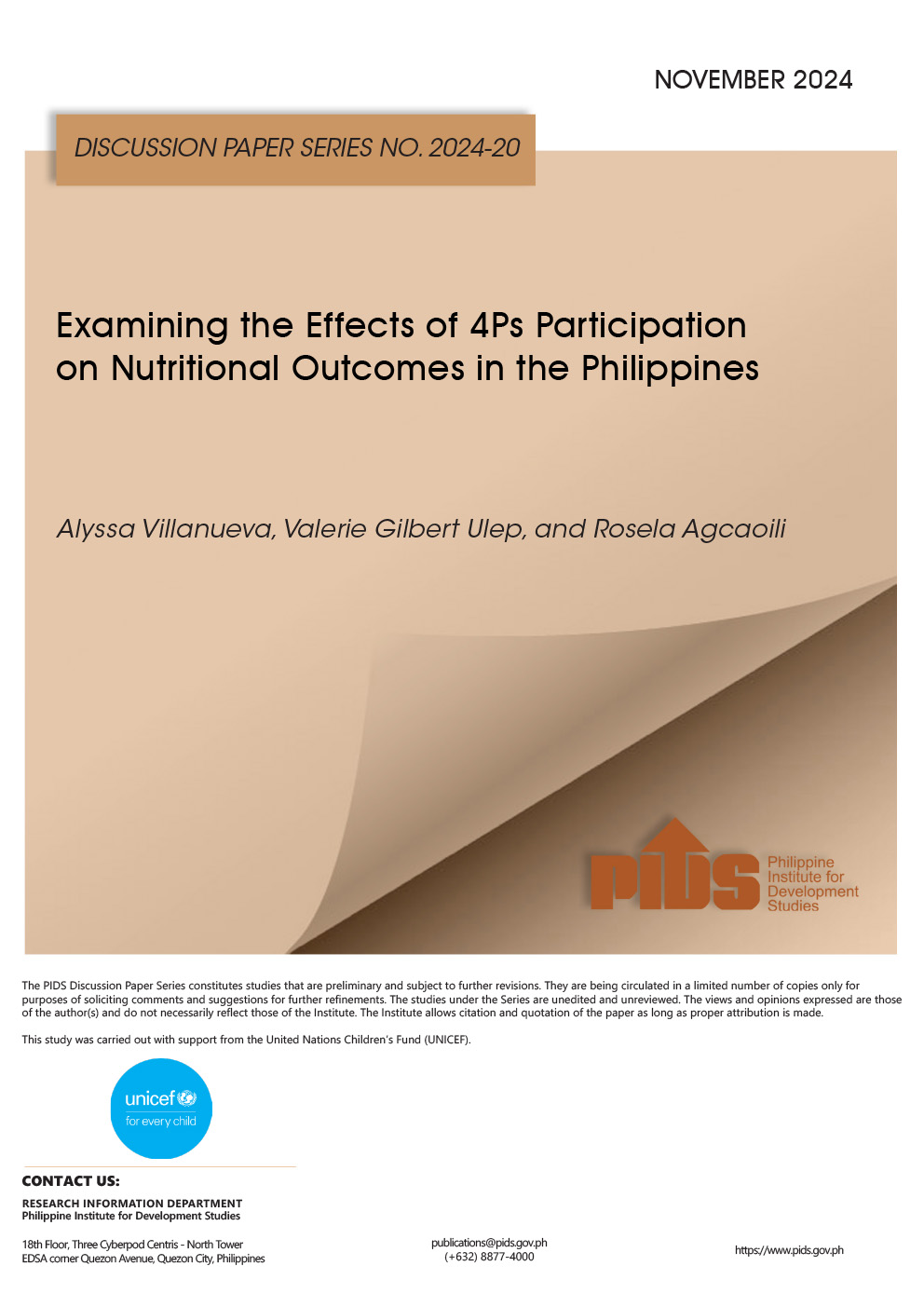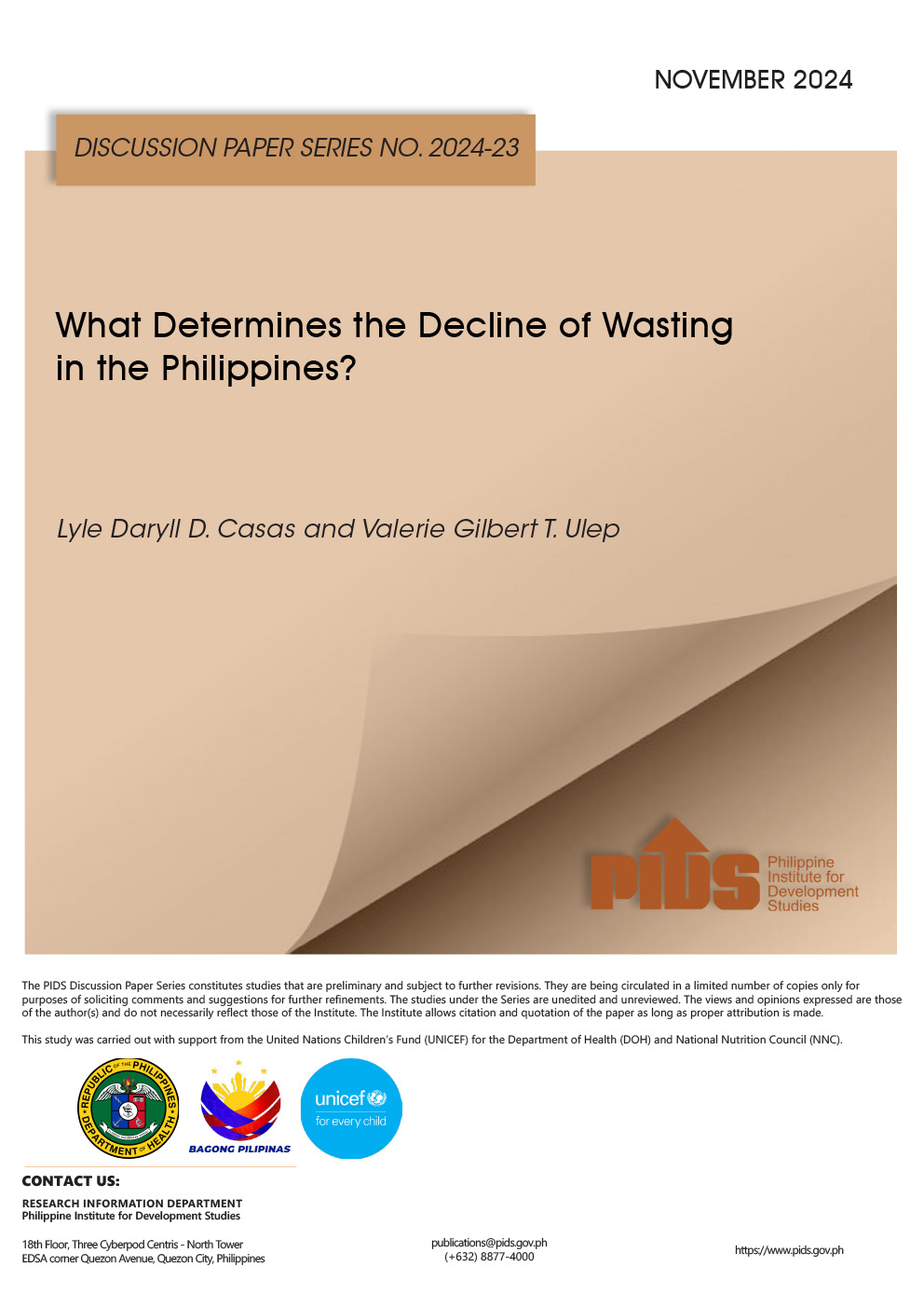Passing an anti-dynasty bill into law will allow more Filipinos to participate in politics and governance, government think-tank Philippine Institute for Development Studies (PIDS) said.
In a policy note released in August, the PIDS said framers of the 1987 Constitution initially wanted to regulate political dynasties. Supporters of its non-inclusion in the Constitution argued that a provision regulating political dynasties is antidemocratic as it disqualifies competent and honest candidates from political families.
The consensus reached after the deliberations was that the effect of excluding someone from a political dynasty is far smaller than the exclusionary effect of many political candidates from humble backgrounds who had the misfortune of not belonging to political clans.
In a study cited by the PIDS, regulation of political dynasties in Latin American countries, which political climate is very similar to that of the Philippines, has shown growing evidence of improvements in the democratic processes of countries that introduced these types of reforms.
Among the countries that have introduced anti-dynasty regulations are Costa Rica, Honduras, El Salvador, Guatemala, Nicaragua, Brazil, Colombia and Paraguay. Political family regulations had been in placed in these countries in as early as 1949.
In the Philippines, bills pending before both house of Congress aim to regulate families from successively occupying a particular elective post and prevent families from occupying several positions simultaneously.
The PIDS admitted that the bill pending before Congress "will neither totally remove political dynasties in the country nor fully level the political playing field." However, said legislation is crucial in starting in the political process.
"Consistent with the ideas of the framers of the 1987 Constitution, its goal is not really to remove dynasties but rather to regulate self-serving and opportunistic behavior and to promote effective and accountable governance," the note said.
"Belonging to a political family is certainly not by itself evil," it added.
The government think-tank noted that an anti-dynasty law will improve the quality of political parties.
"One important dimension that remains to be developed is broadening political inclusiveness," the policy noted said.
"Greater access by the people not only to growth processes but also to political processes by passing a legislation that regulates political dynasties will further strengthen our democracy and promote inclusiveness," the PIDS concluded.//












